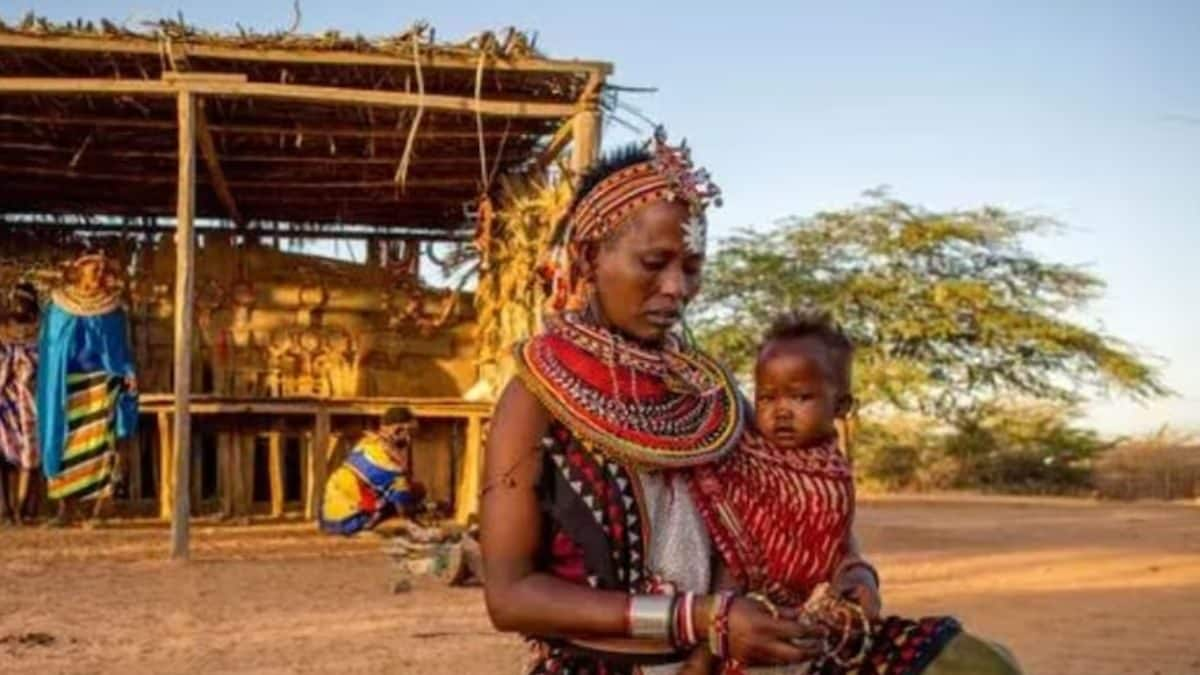In Kenya, This Women-only Village Is Creating A Safe Space For Survivors Of Abuse

The women in Umoja village are self-sufficient.
Umoja, located around 380 km away from Kenya’s capital Nairobi, has something unique: it doesn’t allow men to enter their village.
Tribal groups, all over the world, have their own unique customs. While some groups eat rare dishes, others have unique types of celebrations. These tribals mostly live in the forests or lands, away from city life. They have their habitat close to nature and depend on the environment for their survival. Tribals have their own unique ways of hunting and gathering food, and over the years, they have formed their own way of communicating as well. There is one tribal group in Kenya, Africa, which is making headlines for not allowing men to settle in their village. The whole group is run by women, and they live peacefully together.
A village in Kenya named Umoja, which is located around 380 km away from Kenya’s capital Nairobi, has something unique: it doesn’t allow men to enter their village. The village of Umoja was set up by Rebecca Lolosoli in 1990. Rebecca was married at the young age of 18. During her marriage, she was beaten up by her husband. Similar to other women in her village, she was also raped by British soldiers. When she decided to speak against them, her husband stopped her, and she was further beaten up by him. Rebecca then decided to leave her husband’s house and set up a community for survivors of rape.
Rebecca, like other women in Umoja, belongs to the Samburu tribe of Kenya. Samburu is related to Kenya’s Maasai tribe. They are semi-nomadic pastors who herd mainly cattle. It is inherently a patriarchal tribe, which means that the women in the group are not allowed to make decisions.
Umoja’s population grew over the years, and now it includes women who had escaped child marriage, female genital mutilation (FGM), domestic violence, and rape. All these crimes were cultural norms among the Samburu tribes.
The women in Umoja village are self-sufficient. They survive by making jewellery and selling it on the road. Umoja also charges a minimal fee for tourists to visit the village, and that is how they run their livelihoods. The village has a proper school as well, which gives education to around 200 children in the village.

Atul Tiwari is a seasoned journalist at Mumbai Times, specializing in city news, culture, and human-interest stories. With a knack for uncovering compelling narratives, Atul brings Mumbai’s vibrant spirit to life through his writing.





